Publications
“The economic crisis reminds us that it is essential for people to be healthy, educated, adequately housed and well fed to be more productive and better able to contribute to society,” said Jomo Kwame Sundaram, DESA’s Assistant Secretary-General for Economic Development. “Social policy should be an integral part of economic policy.”
The perceptions of the role of women and men in families have changed over the past few decades. Men are no longer perceived as the economic providers to families. The role of men in the family has undergone many “diverse demographic, socio-economic and cultural transformations” impacting the formation, stability and overall well-being of families. In light of this development, DESA’s Division for Social Policy and Development (DSPD) launched a new publication on “Men in Families and Family Policy in a Changing World” on 17 February focusing on the shifting roles and views of men in families.
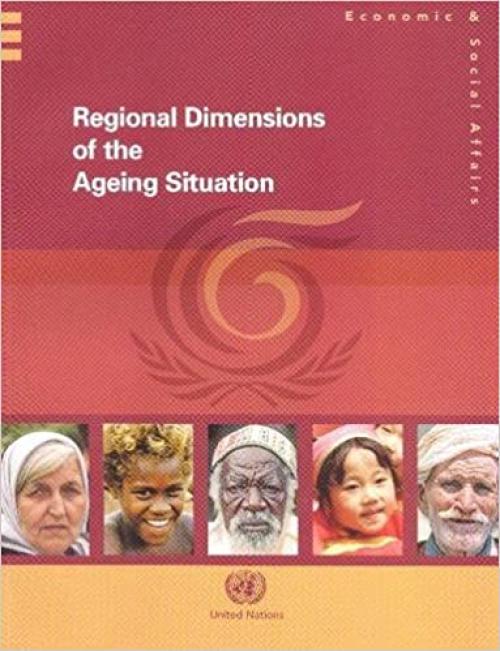
This Publication contributes to the series of events, conferences and publications related to the first review and appraisal of the Madrid International Plan of Action on Ageing. It highlights priorities, as well as recent trends and policy developments, in the five UN regions of the world.
The publication, which is a joint effort of UN staff and international experts, aims to assist national governments, the international community and the public at large to better assess the situation of older persons five years after the Second World Assembly on Ageing. It should better inform the debate on how to align priorities, policy innovations and technical cooperation to implement the…
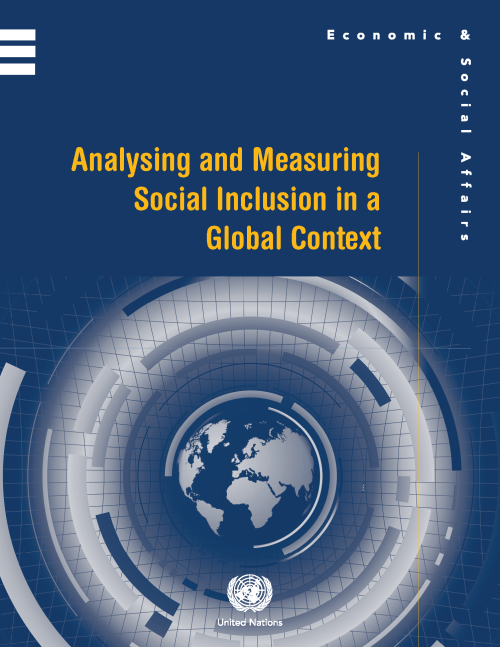
The objective of the study is to serve as a guiding framework for policymakers, researchers and practitioners interested in developing practical tools for evidence-based policymaking, impact assessment, monitoring and evaluation in the area of social inclusion. It provides guidance on how to develop tools, taking into consideration the historical, cultural and contextual backgrounds of one’s own society.
The study also builds on the work on social indicators that has already been undertaken by many people at local, national, regional and international levels. It is hoped that the study will help to inspire new ideas and to generate innovative…
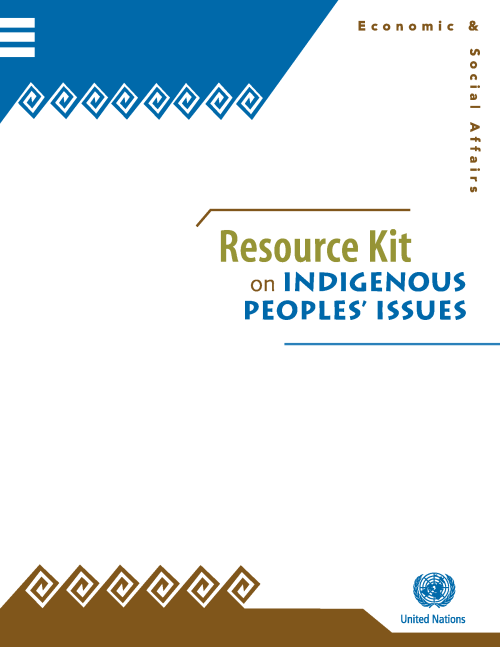
SPFII, in cooperation with ILO, UNICEF, UNDP, UNFPA and SCBD has published the Resource Kit on Indigenous Peoples Issues. The Kit is aimed UN Country Teams (UNCTs), and other development agents, providing them with guidance as to how to engage indigenous peoples and include their perspectives in development processes.
The world needs to reassess the notion of poverty and the means for its eradication, according to a new report published by DESA’s Division for Social Policy and Development. The Report on the World Social Situation 2010 entitled “Rethinking Poverty” was critical of the current way that the international community identified and addressed poverty. The Report argued that “although the current monetary poverty-line approach...
There are over 370 million indigenous people in some 90 countries, living in all regions of the world. The situation of indigenous peoples in many parts of the world is critical today. Poverty rates are significantly higher among indigenous peoples compared to other groups. While they constitute 5 per cent of the world's population, they are 15 per cent of the world's poor. Most indicators of well-being show that indigenous peoples suffer disproportinately.
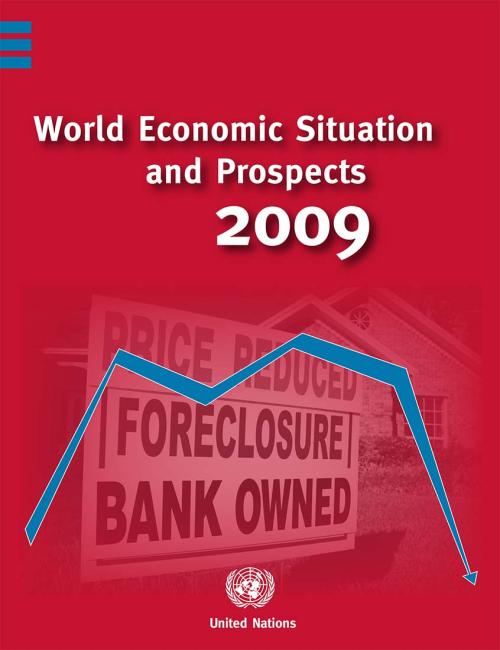
The world economy is mired in the worst financial crisis since the Great Depression. What first appeared as a sub-prime mortgage crack in the United States housing market during the summer of 2007 began widening during 2008 into deeper fissures across the global financial landscape and ended with the collapse of major banking institutions, precipitous falls on stock markets across the world and a credit freeze. These financial shockwaves have now triggered a full-fledged economic crisis, with most advanced countries already in recession and the outlook for emerging and other developing economies deteriorating rapidly, including those with a recent…
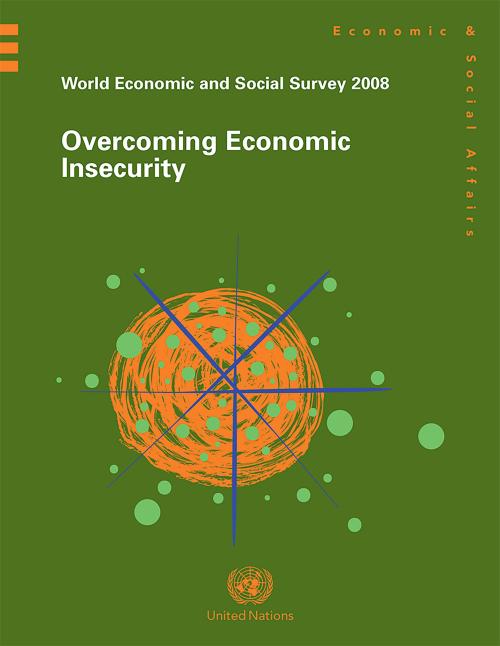
According to the 2008 World Economic and Social Survey, economic insecurity arises from the exposure of individuals, communities and countries to adverse events, and from their inability to cope with and recover from the downside losses. The risk and threats vary from community to community; in advanced countries, they have been associated with a significant rise in inequality, a hollowing out of middle-class lifestyles and reduced welfare protection. Elsewhere, economic shocks and premature deindustrialization have raised fears of an insufficiency of the formal sector jobs needed to accommodate an expanding urban population. In still other places, food insecurity has given rise to…
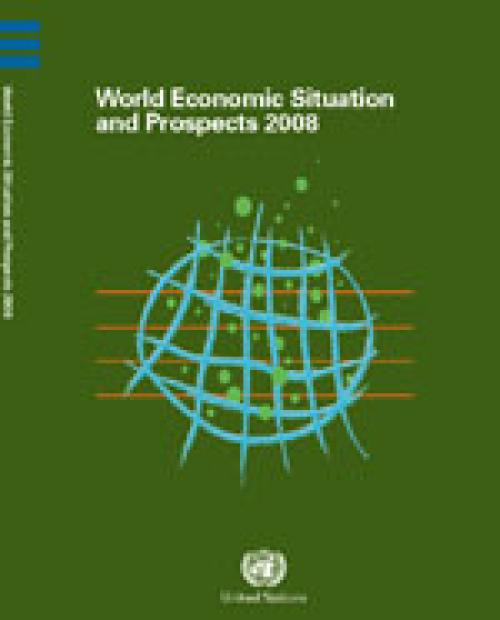
The World Economic Situation and Prospects 2008 highlights the risk of a recession in the United States and a hard landing of the global economy as a whole. The combination of a deep housing slump in the United States, continuous devaluation of the United States dollar and related increased financial turmoil could trigger an abrupt adjustment of the global imbalances, which would not only send the economy of the United States into a recession but would also lead to a hard landing for the global economy as a whole. Lessons need to be learned from the recent financial turmoil to reduce vulnerabilities to future financial stress. Responses by the central banks of the major economies have…
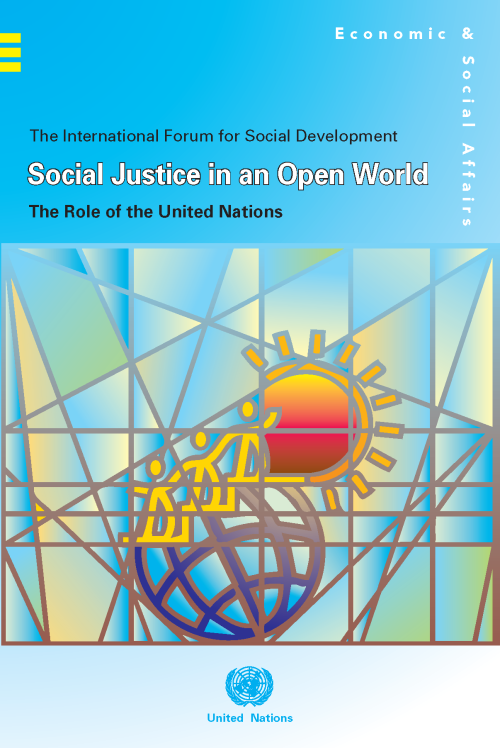
This publication provides an overview of the discussions that took place during the International Forum for Social Development, a three-year project undertaken by DESA for the purpose of promoting international cooperation for social development and supporting developing countries and social groups not benefiting from globalization. The outcomes of the meetings that took place during the Forum were also presented orally at the annual sessions of the Commission for Social Development.
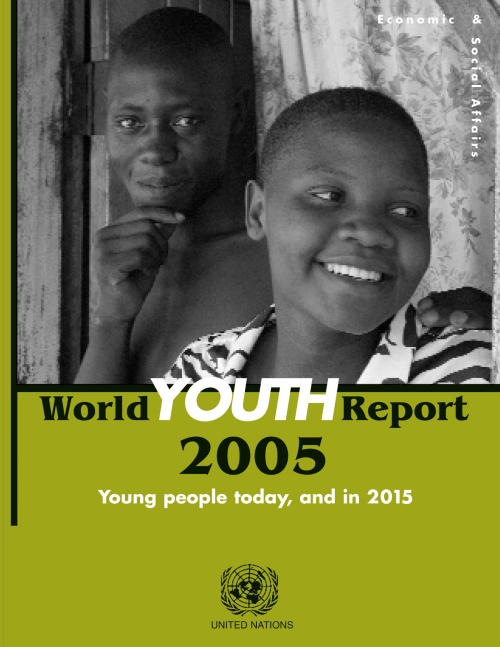
The year 2005 marks ten years since the General Assembly adopted the World Programme of Action for Youth in 1995. This report, an official report to the General Assembly, called for a renewed committment to the goals of the World Programme of Action, since over 200 million youth were living in poverty, 130 million youth were illiterate, 88 million were unemployed and 10 million young people were living with HIV/AIDS.
In the World Youth Report 2005, it is argued that too often, youth policy is driven by negative stereotypes of young people, including delinquency, drug abuse and violence. What seems to be forgotten is that young people are a positive force for development, peace,…
 Welcome to the United Nations
Welcome to the United Nations